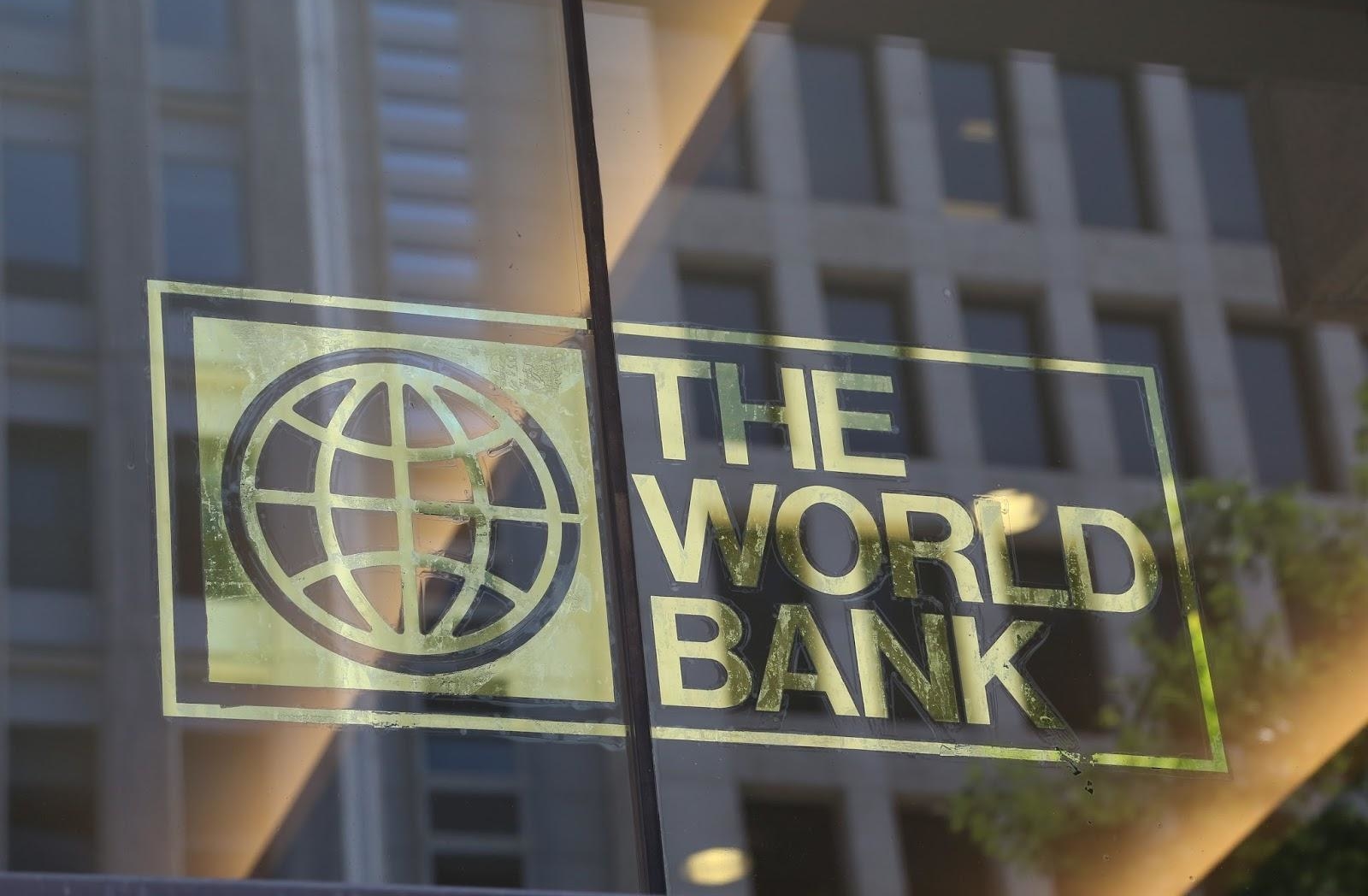Washington, US – World Bank has revealed that lowering the tax bracket for Personal Income Tax (PIT) in Maldives can increase the national PIT collections by fivefold.
“Maldives Public Expenditure Review : Restoring Fiscal Health” report released by the World Bank stated that their simulations indicate that halving the threshold to MVR 300,000 (US$19,480), for example, would increase PIT collections fivefold to US$28 million annually, equivalent to 0.5 percent of 2019 GDP. Reducing the threshold would increase the tax base, result in more revenues, and make the tax system more progressive.
World Bank has also recommended to introduce a more presumptive regime for businesses below the GST threshold. The organization stated that at present, many small businesses do not pay business profit taxes as they generate below MVR 500,000 (US$32,467) annually and that a uniform presumptive tax, for example at a rate of 2 or 3 percent of turnover, for these businesses would generate additional revenues of 0.2 percent of GDP, reduce compliance burdens, and lower administrative costs.
Maximizing revenue potential will require parallel investments in tax morale and tax equity. The success of revenue reforms will be heavily dependent on political support. Tax reforms only yield their revenue potential if, besides effective enforcement and facilitation measures, taxpayers have “nonpecuniary motivations for tax compliance”.
Maldives Public Expenditure Review : Restoring Fiscal Health – World Bank
World Bank also stated that whether Maldives can successfully raise revenues depends on how well citizens believe their taxes are being spent, whether they feel they are treated fairly by tax officials, how well tax laws and decisions are communicated, and how equitable the tax system is.
These dimensions of reciprocity, fairness, equity, and accountability will need to be central in the Maldives Inland Revenue Authority’s (MIRA) compliance strategies to help build trust in the tax system and expand the domestic tax base.





